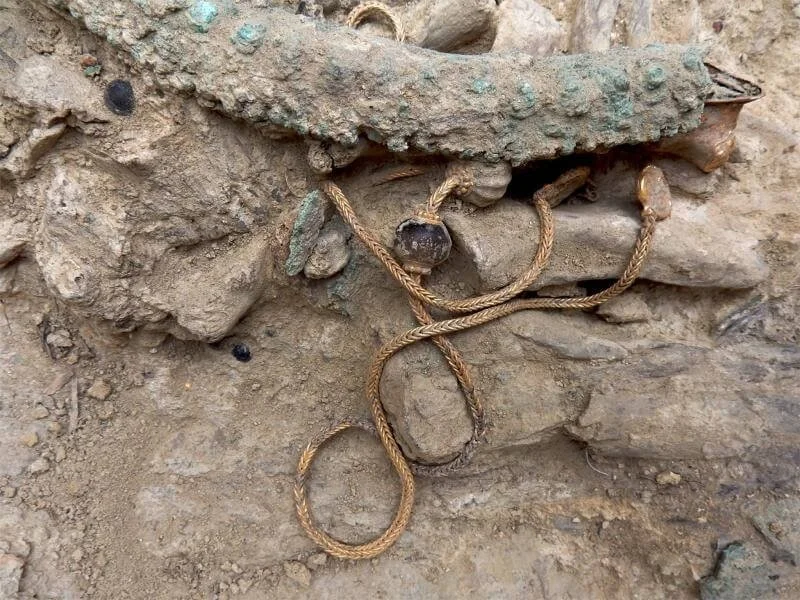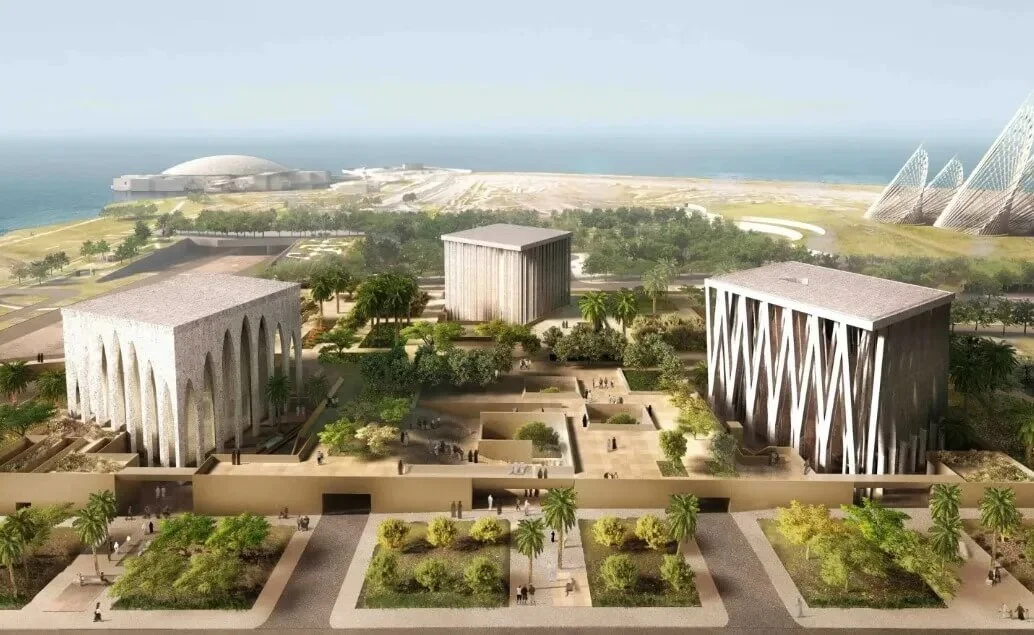Under Julius Caesar's rule, the complex is thought to have served as a frequent stopping point for Roman soldiers stationed nearby.
In the northwest of the nation, archaeologists in France think they have discovered a temple devoted to the Roman god of war.
Figurines found near the excavation site in Rennes, France.
The archaeologists working on the dig were able to learn more about the massive Roman complex that was sprawled across more than 17 acres of land thanks to the discovery of the ruins of a sizable sanctuary. The temple is thought to have been built in the first century BCE. It is thought that the complex, which was discovered in 2022 at La Chapelle-des-Fougeretz in Brittany, once served as a station for Roman soldiers.
According to Françoise Labaune-Jean, an archaeologist and project leader at the National Institute of Preventive Archaeological Research (INRAP), "the size of the sanctuary indicates it was an important place for religion," she told the magazine Live Science.
Hoard of Ancient Artifacts on the French Coast
Over time, La Chapelle-des-Fougeretz has become well known for its extensive archaeological remains. Archaeologists began to realize the size of the site and how much may be discovered in the 1970s. The site underwent its initial excavations in the 1990s, and excavations resumed in 2022 after a decade break.
Excavators said the complex appeared to be of a religious nature. after finding bronze sculptures of Mars, the Roman war god, as well as weaponry hidden in a ditch surrounding the sanctuary's border. This implied that soldiers frequented this location.
Excavation site in Rennes, France.
Nearby, other terracotta statues were discovered.
In 56 B.C., Julius Caesar and his troops, known as "Armorica" by the Romans, conquered the area itself. Archaeologists don't quite know why the site was abandoned, but they do know that it was in use up to the fall of the Western Roman Empire.
There were also rumors that the temple complex included at least 40 tombs containing gold and silver coins from antiquity. They were also discovered near jewels, swords, and even a horse harness.








